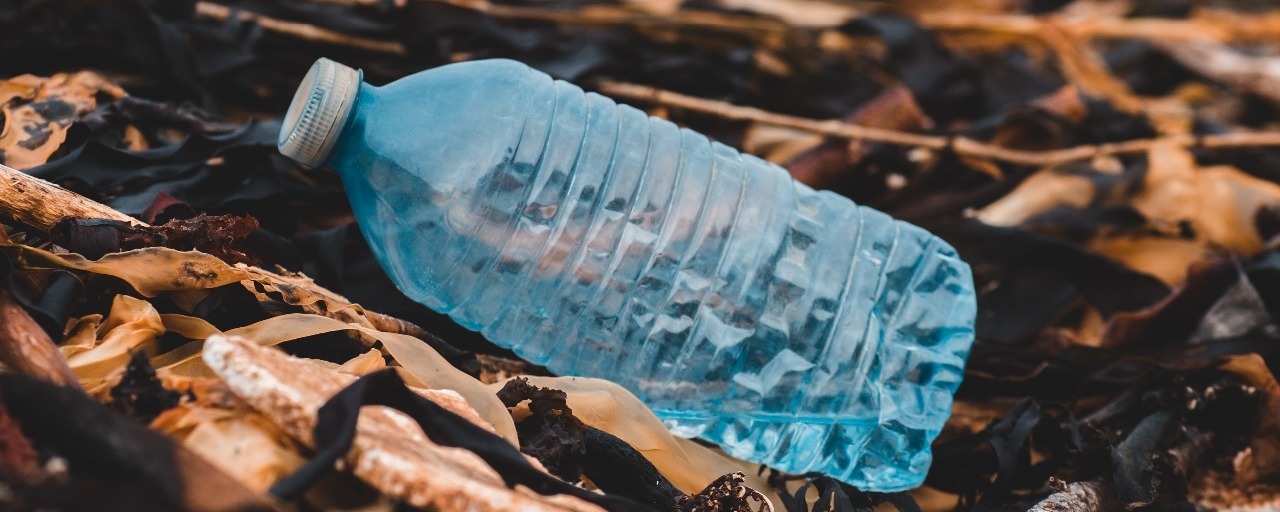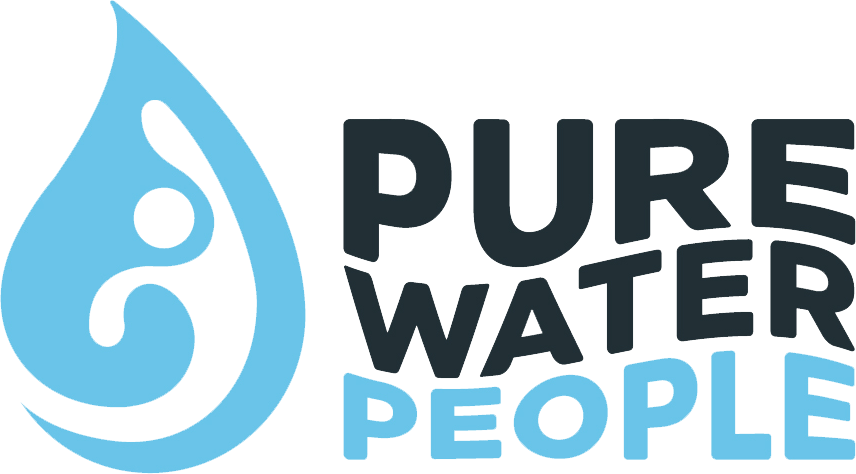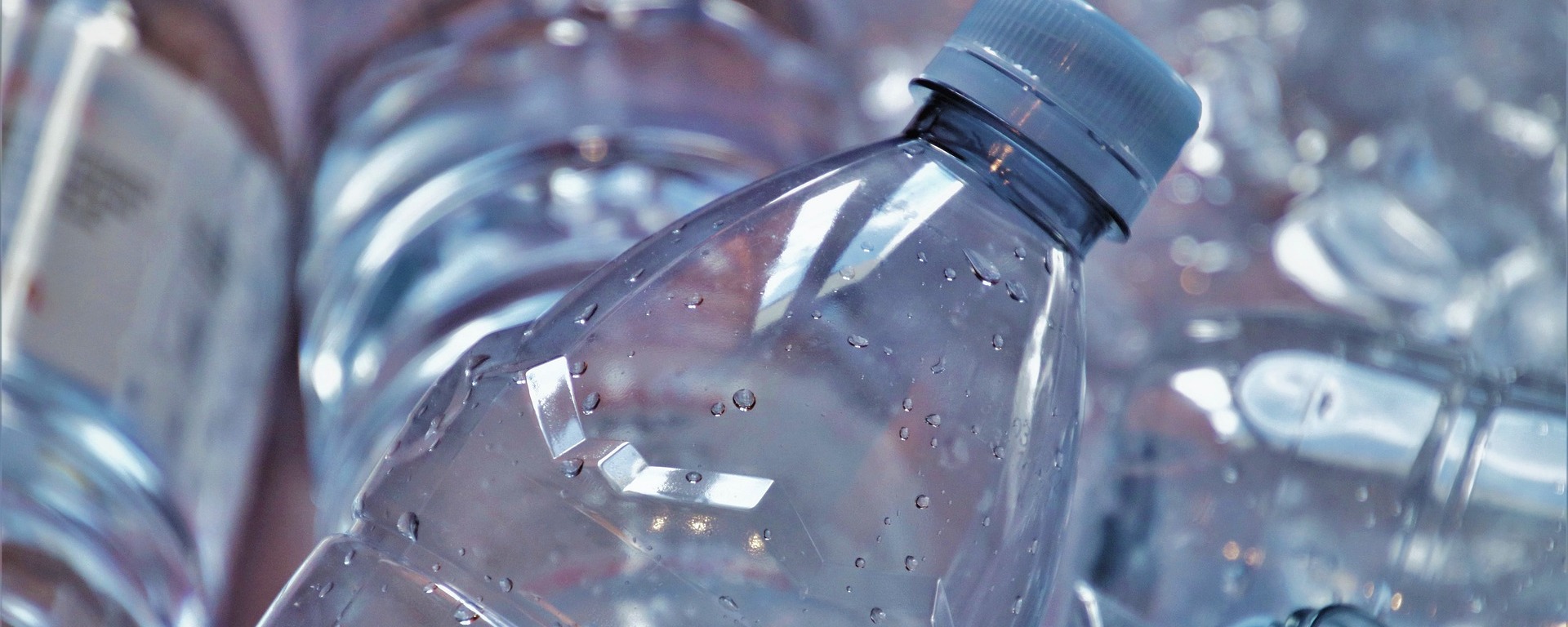Do Plastic Products Leach Harmful Chemicals?
Posted on 24th February 2022 at 15:52
A little while ago we made a blog entry all about microplastics. We wanted to give some much-needed context to the issue; we explained about what they are, and we even touched on some of the implications they may have for human health (if you haven’t yet, give it a read, it’s interesting stuff!). Since posting this blog, there have been more news articles, as well as more research, about microplastics, so we think it’s about time we did a bit more awareness-raising (after all, what kind of water purification company would we be if we didn’t get a bit passionate about these things?).
PFAS, Forever Chemicals and Plastics
The idea of tiny bits of plastic finding their way into the environment, water supply and even the food we consume, isn’t a particularly pleasant one – but the mere presence of them isn’t the main issue. Different chemicals are added to plastics for different reasons; for example, plasticisers (such as phthalates, etc) are added to make plastics more flexible (PVC being a good example of this) and perflouroalkyl and polyflouroalkyl substances (PFAS) are added to make plastics resistant to water (as well as heat and staining). PFAS are examples of “Forever Chemicals”, so named due to the fact that they don’t break down naturally. PFAS are linked to various health problems, including-but-not-limited-to increases in cholesterol and blood pressure levels, a decrease in vaccine response in children and even cancer. This is because they act as EDCs (Endocrine Disrupting Chemicals)- this was discussed in our previous blog, but just to recap:
The endocrine system is a network of glands and organs that use hormones to regulate various functions and processes of the human body.
EDCs can interfere with this system, potentially leading to health issues. Here’s an animation by the Hormone Health Network that we really enjoyed, that explains how EDCs can affect the endocrine system:
The ubiquitous nature of microplastic pollution makes this all the more concerning. It’s actually one of the reasons we specialise in domestic water purification rather than simply basic filtration – we are able to remove the microplastics from your drinking water at home, which is something we are immensely proud of.
Can these chemicals leach from plastic products?
The big question here is, do plastics leach these chemicals that can then be consumed by (and potentially be harmful for) humans? This isn’t totally clear yet, but a 2021 study conducted by a team of scientists out of Germany and Norway has shed SOME light on this matter. By replicating (in a lab) the real-life conditions in which plastic products can leach chemicals, it was demonstrated that there is a varying range of chemicals that can leach from varying different plastic products. Across the 24 products used, these numbered in the thousands and the type and quantity of chemicals that leached varied based on the plastic in question. There was also evidence of toxicity – this seems to be largely tied to the plastic product in question.
A piece of research such as this isn’t only important for the information it provides in the here and now, but also as an indicator that even more research needs to be completed to gain a better understanding of how readily chemicals migrate from plastics, how they affect their surroundings (from how they pollute air, soil and water all the way to how they affect human and animal hosts) and how exactly harmful all of this is.

Here’s something to consider; it is estimated that humans ingest up to 5g of microplastics every week. It is also thought that their presence in babies is even higher than in adults. A 2021 study found a higher concentration of microplastics in the stool of babies compared to that of adults. It is thought that a driving factor in this is the mouthing behaviours of infants (it should be noted that this study only involved a small number of participants...something as important as this calls for further research).
Knowledge Is Power
We always maintain the idea that knowledge is power – from the general public to the scientific community, it’s important to understand issues that affect our health and the environment (two things that are inextricably linked!).
So, we encourage you to keep an eye out for any news, articles, blogs and studies regarding plastic pollution! We’ll be back again soon with another entry into the thought catalogue...in the meantime, we’ll be here doing what we do best, wrapping a ring of protection around people’s homes by protecting their water supply!

DO YOU WANT TO TREAT YOUR WATER AT HOME?
If you're looking to treat your home water supply, you have come to the right people! We don't just treat hard water - we do anything and everything with water to suit your needs! If you want to drink water at home that's BETTER than bottled water (without the drawbacks that come with plastic) than our drinking water solutions are definitely for you!
Tagged as: BPAs, cancer, chemicals, EDCs, health, microplastics, PFAS, phthalates, plastic pollution, water filter, water filtration, water purifier, water softener
Share this post:





